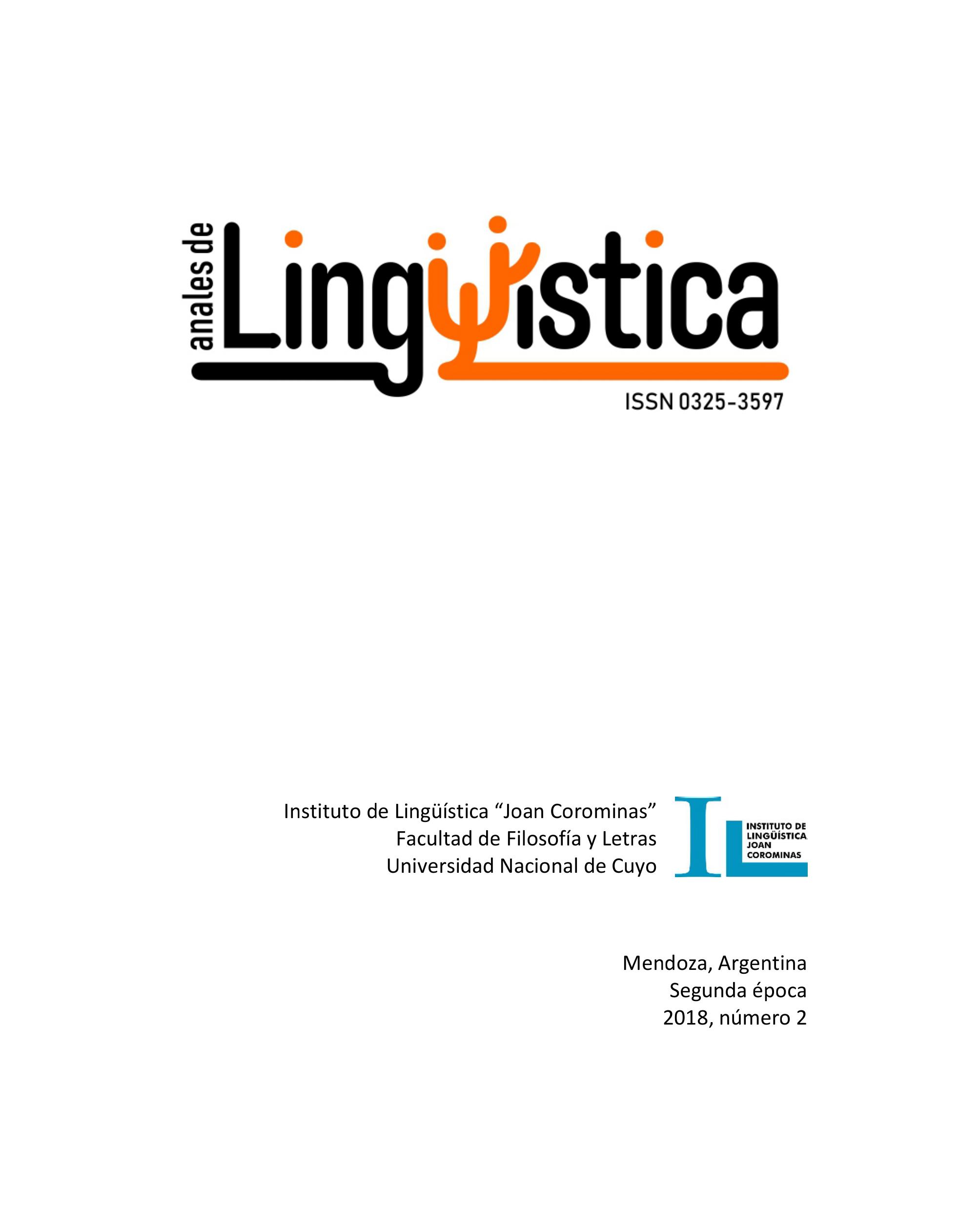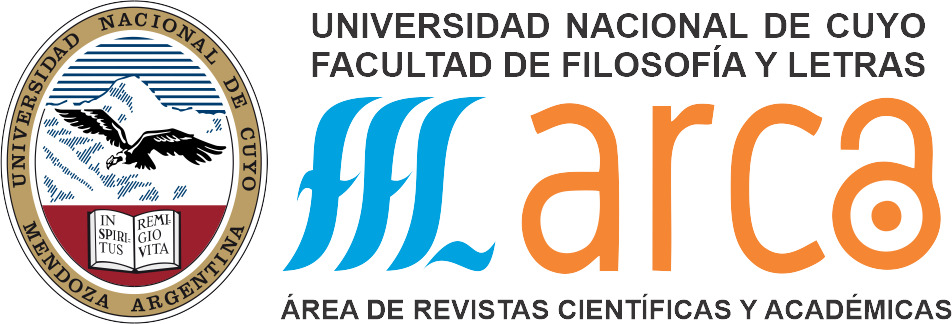The dative of interest as a manifestation of modality in speech
Keywords:
dative of interest, ethic dative, enunciation, modalizer, colloquiumAbstract
In order to introduce the subject of this study it is necessary to take into account several fundamental concepts: enunciation, colloquium, conversation, personal pronoun, enunciator, modalizer. The management of these concepts is unavoidable to assign values and functions to these dative forms and to determine the place they occupy within the linguistic system, since the objective of this work is to describe the syntactic behaviour and the semantic values of certain personal pronouns when they function as an indirect object: the so- called dative of interest, especially the ethic dative. From the Latin origins of the construction and after a long evolutionary process, the forms currently in use are reached. Of the numerous classes of Latin dative, those that remain with great vitality in the oral language are: the commodi dative, the sympathetic or possessive and the ethic. But it is this last one that is the most interesting, for its great use in the colloquial language, especially in the Spanish of America. In the CORPUS UNCuyo of Defenses of Thesis (2007-2012), you can find not only defenses but also colloquia in formal oral language. In both types of texts there appear quite a few cases of dative of interest. In the colloquia, despite the situation of formal communication in front of a jury, some ethic datives of habitual employment in the spoken language have slipped. From what is observed both in oral and written language, it is inferred that the dative of interest and, to a greater extent, the ethic dative are modalizers of the enunciation: the dative of interest is the indicator mark of an attitude that the subject imprints on his statement.
Downloads
Published
How to Cite
Issue
Section
License

Esta obra está bajo una Licencia Creative Commons Atribución 2.5 Argentina.
Los/as autores/as que publican en esta revista están de acuerdo con los siguientes términos:
1. Los/as autores conservan los derechos de autor y garantizan a la revista el derecho de ser la primera publicación del trabajo bajo una licecncia Creative Commons Atribución 2.5 Argentina (CC BY 2.5 AR) . Por esto pueden compartir el trabajo con la referencia explícita de la publicación original en esta revista.
2. Anales de lingüística permite y anima a los autores a difundir la publicación realizada electrónicamente, a través de su enlace y/o de la versión postprint del archivo descargado de forma independiente.
3. Usted es libre de:
Compartir — copiar y redistribuir el material en cualquier medio o formato
Adaptar — remezclar, transformar y construir a partir del material para cualquier propósito, incluso comercialmente.












